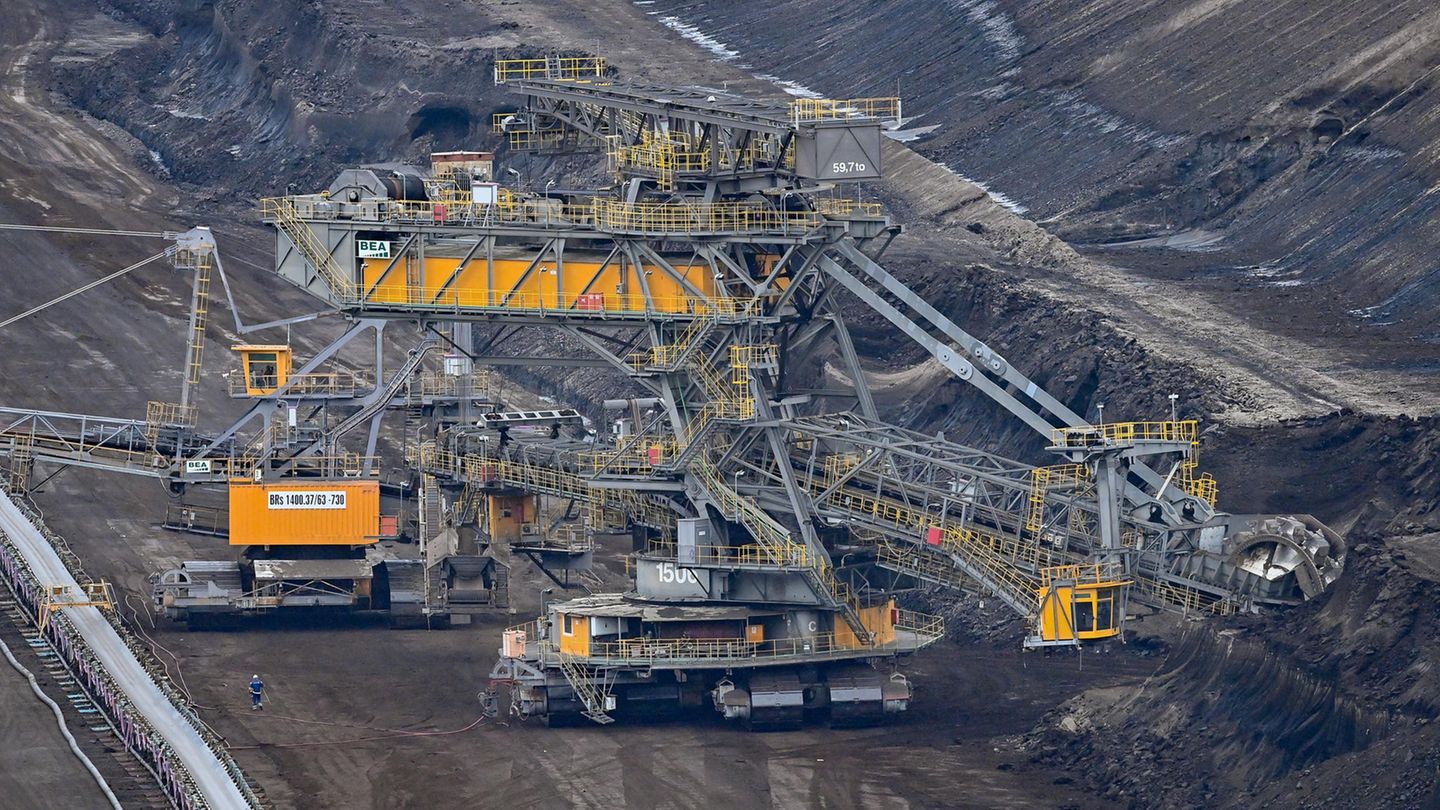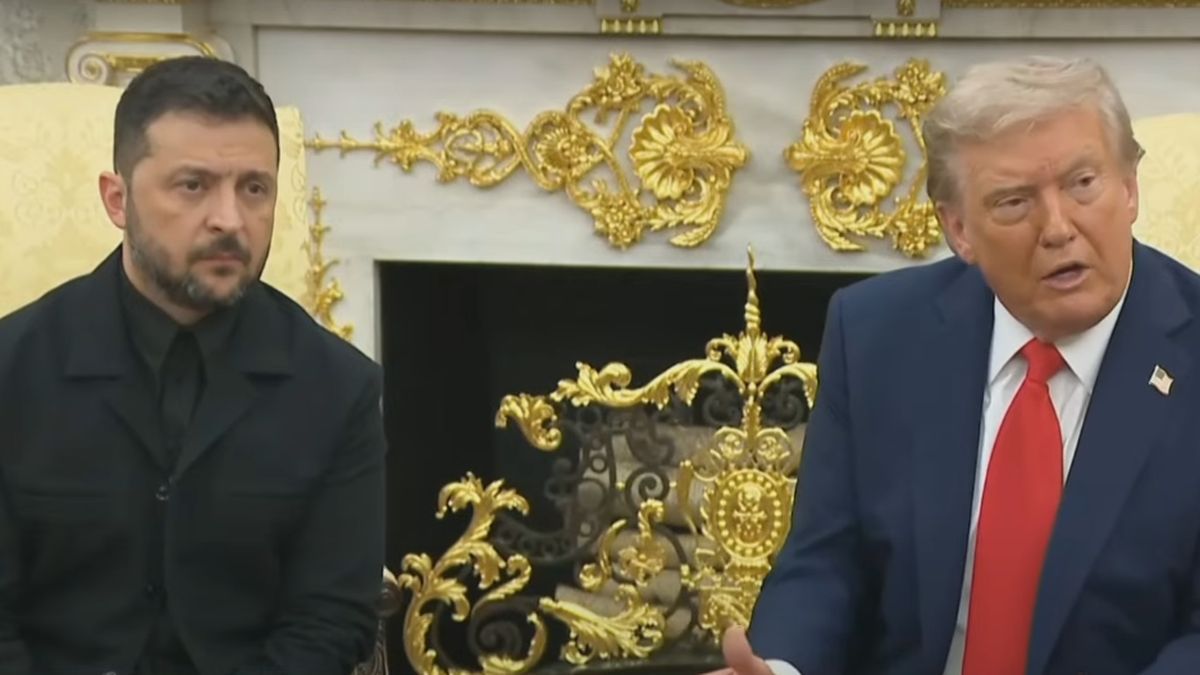If a government is formed, the traffic light parties want to initiate comprehensive reform projects, as emerges from a joint exploratory paper. What’s in it? A first overview.
The SPD, the Greens and the FDP have agreed on a joint exploratory paper that should form the basis for starting coalition negotiations. The party leaders now want to recommend these to their respective bodies, as the chairmen Saskia Esken (SPD), Christian Lindner (FDP) and Robert Habeck (Greens) made clear after the final exploratory round on Friday ().
Three weeks after the federal election, the SPD, Greens and FDP are taking the next step towards forming a traffic light government. “We are convinced that we can conclude an ambitious and sustainable coalition agreement,” says the joint paper of the three parties. What are the traffic light parties planning? A first overview.
Minimum wage of twelve euros and “citizens’ money”
If a government is formed, the traffic light parties want to raise the minimum wage to twelve euros. According to the paper, the minimum wage is to be increased “in the first year in a one-off adjustment to twelve euros per hour”. “Following this, the minimum wage commission will decide on any further steps to increase.”
Instead of the previous basic security (Hartz IV), according to the agreement, a “citizen’s benefit” is to be introduced. This should “respect the dignity of the individual, enable them to participate in society and be digitally and easily accessible; it should focus on helping people return to the labor market.” The minimum pension level of 48 percent is to be secured: “There will be no pension cuts and no increase in the statutory retirement age.”
No tax relief for low wage earners
According to the exploratory papers, the negotiators of the traffic light parties want to forego tax increases. Tax relief, for example for low-wage earners, is also not provided, said Greens boss Robert Habeck. “That’s just the price we pay because the FDP has prevailed at the point.” Such relief could only be achieved if taxes were raised for top earners – and that would have been rejected by the Liberals.
Coal phase-out “ideally” by 2030, the end of the combustion engine
The SPD, Greens and FDP are striving for a faster coal exit. The paper says: “In order to meet the climate protection goals, an accelerated phase-out of coal-fired power generation is necessary. Ideally, this will be achieved by 2030.” So far, the coal phase-out is planned by 2038 at the latest.
The paper goes on to say: “This requires the massive expansion of renewable energies we are striving for and the construction of modern gas-fired power plants in order to meet the increasing demand for electricity and energy over the next few years at competitive prices.”
The affected regions could continue to count on solidarity support. Measures of the Structural Strengthening Act will be brought forward or accelerated. “The accompanying labor policy measures such as the adjustment allowance will be adjusted accordingly. Nobody will fall into the mountain free.”
In addition to the earlier phase-out of coal, the planned measures also include the end of the combustion engine: “According to the proposals of the EU Commission, in the transport sector this would mean that only CO2-neutral vehicles will be allowed in Europe in 2035 – this will have an effect earlier in Germany . “
Electricity costs should fall
The possible government partners want to reduce electricity costs for private households and businesses. “In the course of the legislative period we will end the financing of the EEG surcharge through the electricity price as soon as possible,” says the paper. “In this way we are reducing electricity costs for private households and businesses.”
With the billions of dollars under the Renewable Energy Sources Act (EEG), green electricity systems are funded. It was only announced on Friday that the surcharge would decrease significantly in 2022. However, it is only part of the electricity price. In the industry, it is expected that a falling surcharge will stabilize electricity prices overall, but that the bottom line will not decrease electricity costs. On the other hand, procurement costs that energy suppliers have to pay for electricity have risen significantly.
No general speed limit
The SPD, Greens and FDP do not want a general speed limit on German motorways. “We want to make Germany the lead market for electromobility and therefore massively accelerate the expansion of the charging station infrastructure. There will be no general speed limit,” says the paper.
Green leader Robert Habeck said that the common paper was about creating clarity. “We could not enforce the speed limit. We are very satisfied in other areas.” The FDP is against a general speed limit.
The paper goes on to say that the EU Commission’s proposals should be supported in the negotiations on the EU program “Fit for 55” – this involves significantly more efforts to protect the climate. In the individual sectors, the instruments should be designed as technology-neutral as possible: “According to the proposals of the EU Commission, in the transport sector this would mean that only CO2-neutral vehicles will be allowed in Europe in 2035 – this will have an effect correspondingly earlier in Germany.”
David William is a talented author who has made a name for himself in the world of writing. He is a professional author who writes on a wide range of topics, from general interest to opinion news. David is currently working as a writer at 24 hours worlds where he brings his unique perspective and in-depth research to his articles, making them both informative and engaging.




